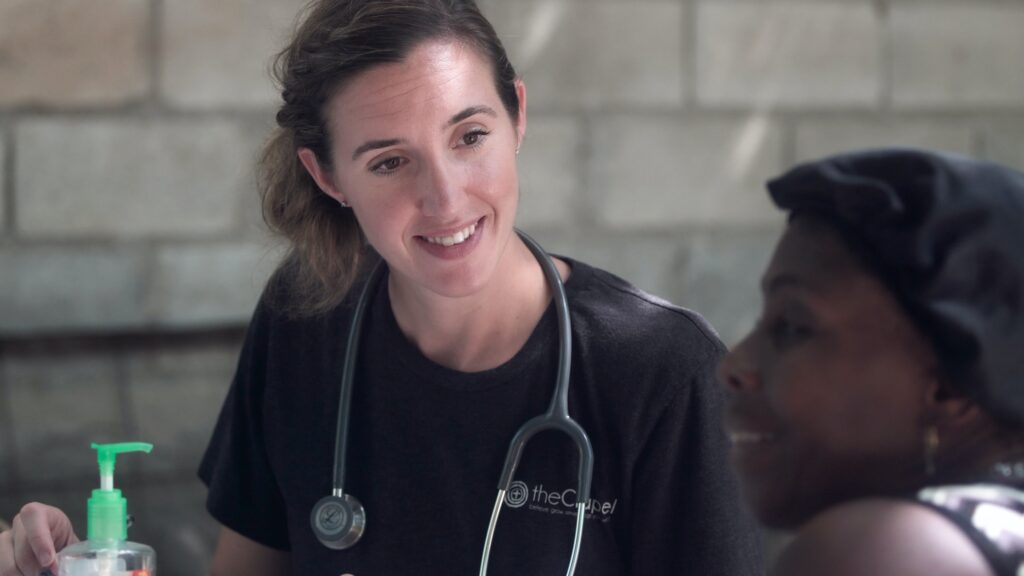Types of Groups
Psychoeducational Groups
Psychoeducational groups provide practical information designed to have a direct application to your life. Learn about substance abuse and its effect on your behavior, health, and psychology. The goals are to instill self awareness, suggest options for growth and change, identify community resources that can assist you in recovery, develop an understanding of the process of recovery, and motivate you to commit to continued recovery treatments.
Skills Development Groups
Skills Development Groups develop behavioral or cognitive skills to cope better in your environment. These skills can be directly related to substance abuse, such as ways to refuse offers for drugs, ways to avoid triggers, and coping with urges. They can also be more general life management skills, such as anger management, problem solving, and relaxation techniques.
Cognitive Behavioral Groups
Substance abuse and addiction can cause you to have beliefs such as “I’m a failure,” “I’m not loveable,” or “I’m not strong enough to quit,” but these are not true and you have the power to change these beliefs. Cognitive–behavioral therapy groups work to change learned behaviors by changing thinking patterns, beliefs, and perceptions. This type of group is especially effective in the beginning stages of recovery.
Support Groups
Support groups allow you to participate in a forum to share practical information about maintaining abstinence and managing day to day life. These groups also provide unconditional acceptance, inward reflection, open and honest interpersonal interaction, and commitment to change.
Interpersonal Process Groups
Interpersonal process groups use psychodynamics, or the understanding of how people function psychologically, to promote change and healing. Starting in early childhood, developmental issues are a key concern, as are environmental influences. As faulty relationship patterns are identified, you begin to change dysfunctional, destructive patterns, and become increasingly able to form mutually satisfying relationships with other people, so alcohol and drugs lose much of their power and appeal.





 <!—->
<!—->
